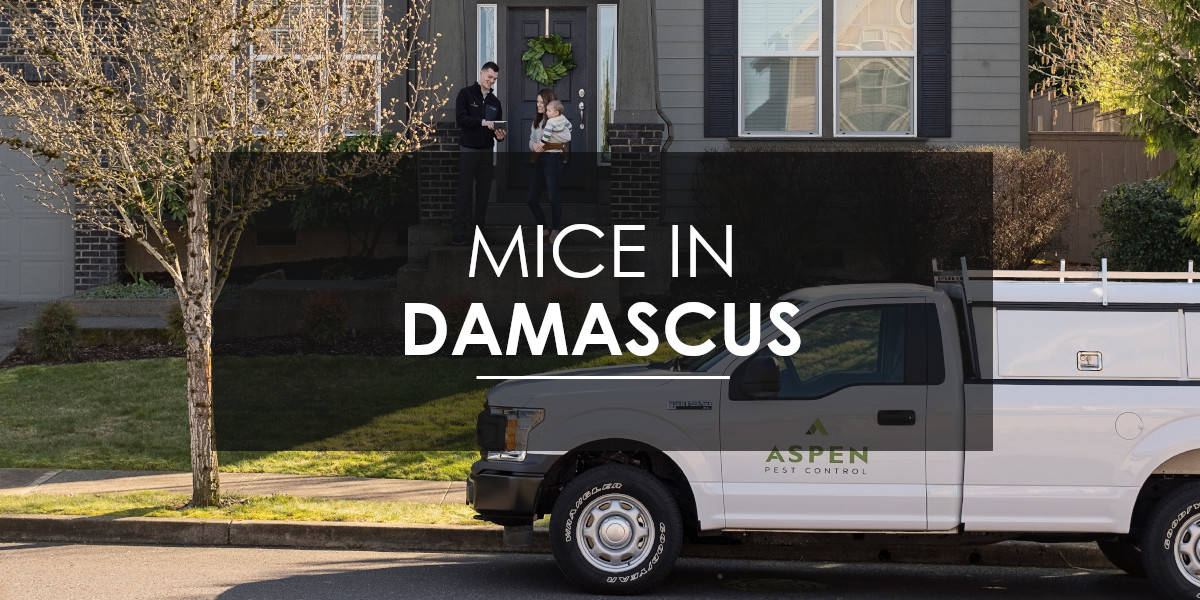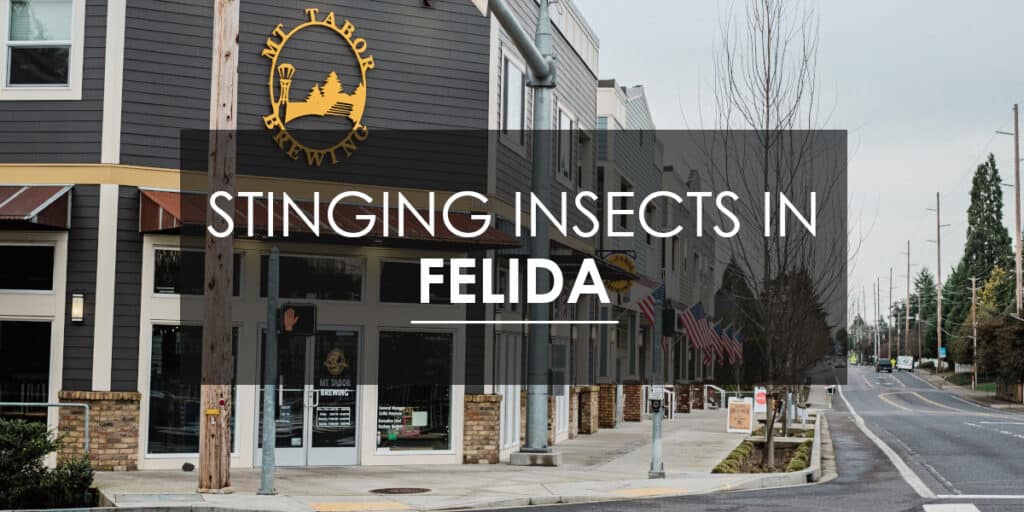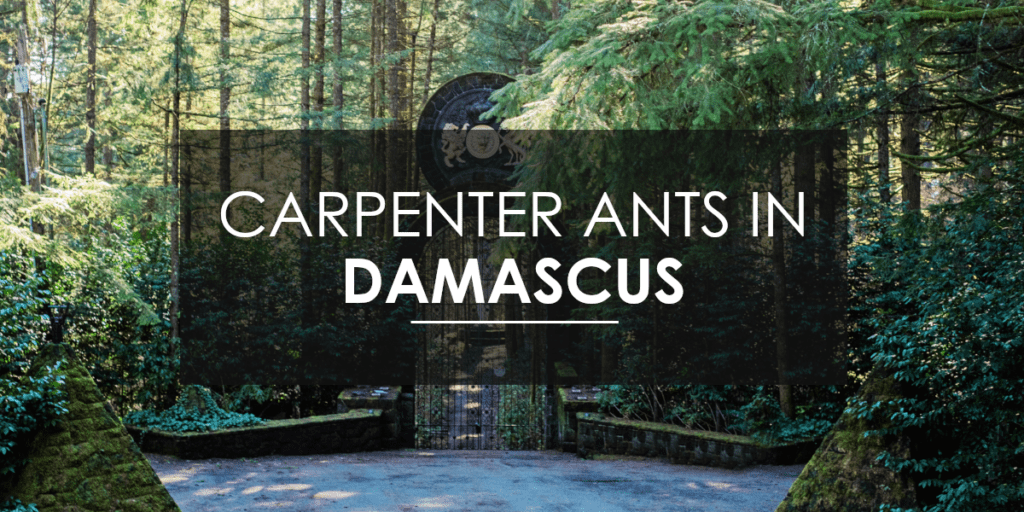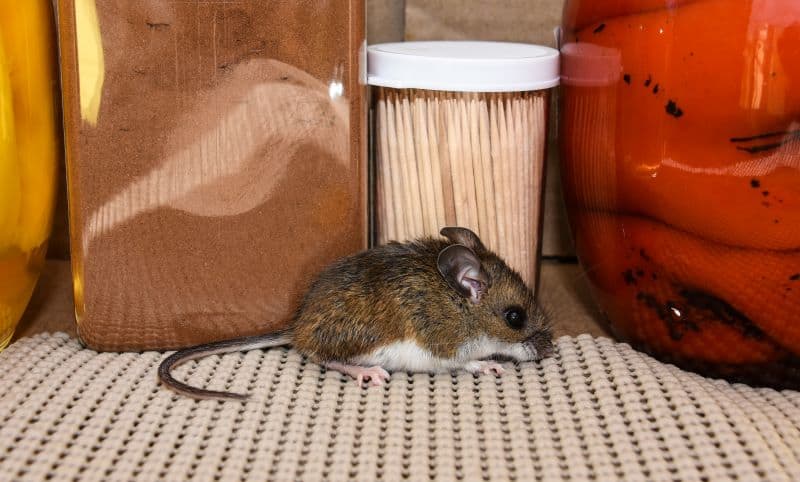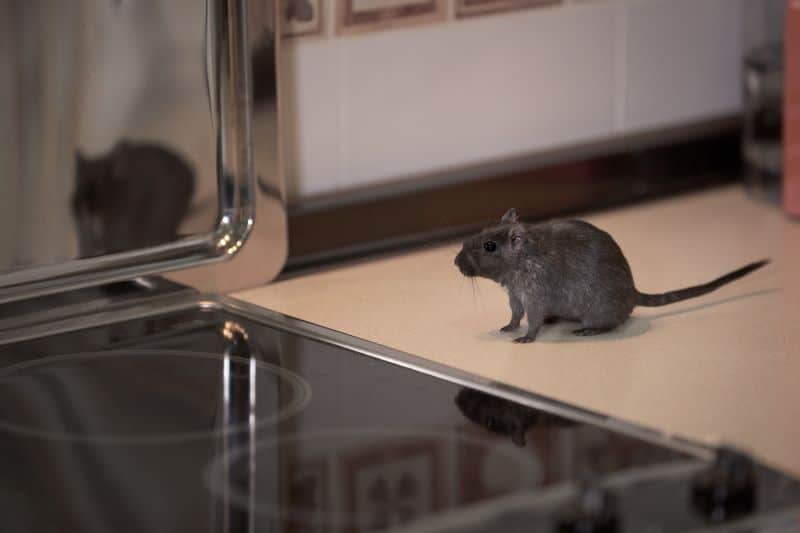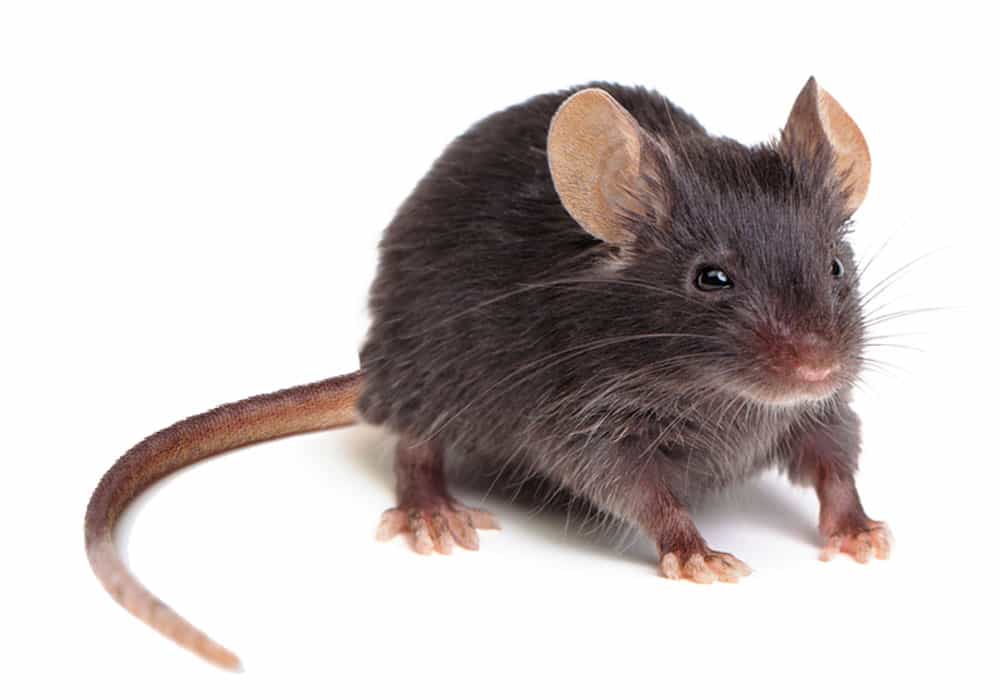You hate to see it, but it happens all of the time. It might start with a scratching sound in the walls, or a thought of, “Did I just see something scurry by?” in the corner of your eye. You might see pet food, bird seed, or your own food’s packaging gnawed open. Even worse, there could be mouse droppings. While we don’t want to be the ones to have to break it to you, someone should, so it might as well be us: It sure looks and sounds like you have a mouse infestation!
It’s okay to be shocked, and it’s also okay to be a little grossed out, but it’s not the end of the world. Though it’s understandable to feel stressed by this situation, mouse and rodent infestations are incredibly common. And yes, while many find mice to be cute creatures — especially due to the way they’re portrayed in popular culture — they aren’t at all what we would describe as harmless. In fact, they can be responsible for causing considerable damage to your home and property, and also pose a health and safety risk to your family.
Think you have a mouse infestation? Get help right away!
In short, if you think you have a mouse or rodent infestation, then time is of the essence. Call professional extermination support right away. Why is this so important? Well, for starters, you want to limit the damage that the existing rodents can cause. Furthermore, eradicating those existing rodents is essential because of how quickly they can reproduce.
Once a mouse gets pregnant, it only takes about three weeks for them to give birth to a litter of about ten to fifteen pups. One mouse can have as many as ten litters per year. That’s one hundred to one hundred fifty pups per mother! Now, multiply that by the number of fertile mice you already have, and you end up with quite an infestation on your hands. How, you might wonder, did this happen?
How did I get a mouse infestation?
This part isn’t usually too hard to understand. Mice, like many creatures, are seeking out some combination of shelter, food, and water. Though it isn’t true in all instances, it’s likely accessible food that has drawn rodents to your property. Look around. Are you storing things like trash or recycling bins outdoors? What about compost? Might you have any pet food or bird feeders that are accessible to other animals outside of those you’re intending to feed? If so, these are attractors to pests.
Once these rodents are on your property, they’ll start seeking out other resources. If your home, garage or other outbuildings are accessible to them, then they’ll do all they can to make their way into spaces that are warm and dry for nesting, not to mention the possibility of food and water that can be found inside.
There are a few really simple but important things you can do to make your home less desirable to rodents and other pests. Mice and other rodents are very determined creatures that love to gnaw and chew and have a keen sense of smell. If you have bins outdoors that can be moved into a garage or shed, then do so, but regardless of where you’re storing them, they need to be containers that can be tightly sealed.
Additionally, if you have bird feeders on your property, we recommend that you keep them a considerable distance from the home. The closer to the house, the more likely they are to seek out entry points into the home. Relatedly, keeping your property clean of overgrowth, tall grasses, and ensuring that things like wood piles or similar items aren’t too close to your home can also be helpful in keeping rodents out. Mice are cautious and these things can act as a camouflage that protect them from view while they seek out ways to enter a structure.
Mice are small and flexible enough that they can enter spaces as small as that of a dime, so we recommend examining your home’s exterior for holes in siding, cracks in the foundation or chimney, or even spaces around where utilities enter the house. There are numerous ways in which these can be fixed.
One such way to seal entry points around plumbing is through the use of copper or steel wool. A mouse’s teeth are strong enough to gnaw through concrete or even certain types of metal. However, due to the way copper and steel wool are constructed, mice are unable to chew through it because it gets wrapped around their incisors. A simple yet effective trick!
How dangerous are mice, really?
Well, they can pose quite a health threat, unfortunately. While they’re not a physical threat in the sense that they’re looking to bite people or harm people, they are carriers of disease. They’re eating and chewing constantly, and, especially in our cooler months, are looking for the safest, warmest places they can find to build nests and access food.
It’s the droppings and urine of mice that pose the biggest physical threat to our families. Hantavirus, salmonella, and other asthma-triggering ailments (or worse) can be linked to mice and their waste.
If you find yourself in a situation where you have to deal with cleaning up mice droppings, you need to be extremely careful. We’re not kidding. When these things are airborne is when they’re most toxic to humans.
The Centers for Disease Control (CDC) has a great set of recommendations for safely and effectively cleaning up after a mouse infestation, but here are some of the most important points:
Read the CDC guidelines for cleanup. Read them again. Then read them one more time.
Before you begin cleanup, wait until the infestation has been totally eradicated.
Wear proper protective clothing, such as a ventilator and rubber, latex, or vinyl gloves.
Ventilate the areas in need of cleaning for at least a half-hour before you begin working.
DO NOT vacuum or sweep. This will cause the bacteria to become airborne.
Saturate the area using the recommended bleach solution. Give it at least five minutes to soak in.
Using disposable paper towels, wipe down all affected areas, and place everything in the trash.
Do not just wipe down surfaces. Spray and wipe down all objects in the affected area, as well.
Repeat as necessary. After completion, wash the clothes you were wearing and thoroughly wash your hands and any exposed body parts.
What type of damage can mice do to my home?
Well, quite a bit, really! As we mentioned before, a mouse’s incisors are so strong that they can chew through drywall, concrete, and certain types of metal. These teeth completely regrow every single month, and due to this, their instinct is to chew, chew, chew, which means that your home and the property contained therein are fair game to these gnaw-happy creatures.
Your food is under threat, your walls, insulation, appliances and even electrical wiring might be damaged. If your wiring is chewed by mice, then that increases the chance of your home catching on fire. It’s not uncommon for mice to build nests near the motors of refrigerators or in parked cars, both of which can cause expensive damage.
So, yes, mice can cause damage, both cosmetic and certain types of structural damage to your home and possessions. These situations are costly, time-consuming, and nothing short of a completely unnecessary stress. Helping you take care of them is precisely what we’re here for!
Call Aspen Pest Control for all your mice and rodent extermination needs!
For years, your friends and neighbors in Damascus have come to rely on Aspen Pest Control for all of their mice and other pest extermination needs! Our technicians are friendly, experienced, and thorough in everything they do, including showing you the value you deserve when it comes to investing in pest control services.
We believe you deserve the best, so that’s precisely what we offer. Call us today for your FREE quote. We can’t wait to serve you!

